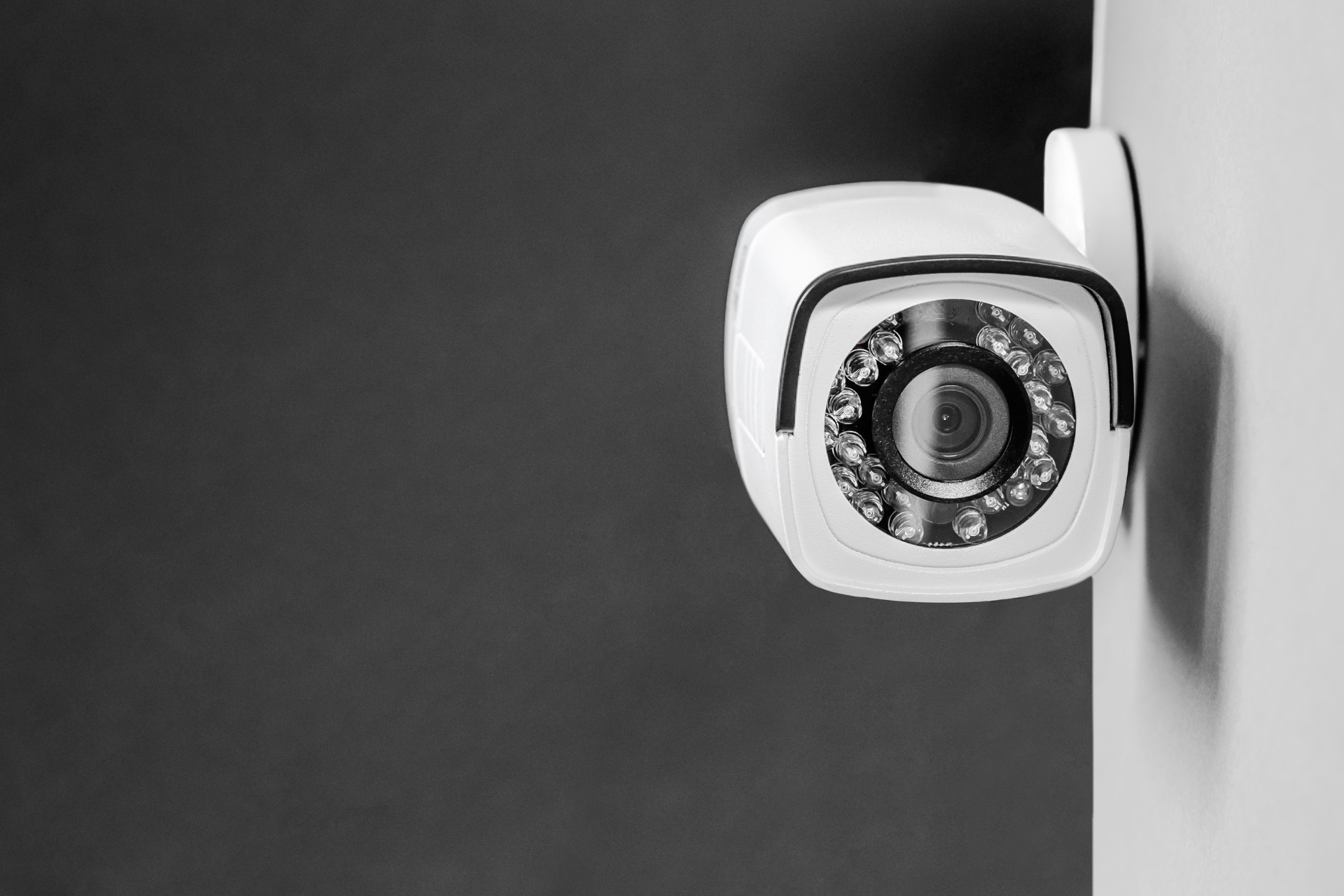Across the UK, security cameras are becoming more prevalent, whether that’s for home or business security. Research by Clarion Security Systems estimates that there are over 7,371,903 CCTV cameras in the UK, meaning there is 1 CCTV camera for every 11 people in the UK. You are likely to be captured on UK CCTV up to 70 times per day. (2022)
Potentially your business is contemplating the installation of CCTV in your workplace or may have already done so. Employers might want to protect their staff or business from theft, complaints or legal action. Or business owners might want to check if something is making their business less efficient than it could be – for example, whether staff are using company resources appropriately. There are many good reasons to have CCTV. However, monitoring staff with CCTV can feel very intrusive even when done with the best intentions.
What should employers consider when installing CCTV?
First, employers will be processing data under the General Data Protection Regulations (GDPR) if they install CCTV. As such, businesses will need to register their details with the Information Commissioner’s Office (ICO) and, where required, pay a data protection registration fee. The ICO also recommends considering the following:
- ensure that there are adequate notices, or other means, to clearly inform employees about the nature and extent of surveillance and its purpose(s);
- ensure that you make people other than workers, such as visitors or customers, who may inadvertently be caught by monitoring, aware of its operation and why you are carrying it out;
- target any video or audio monitoring at areas of particular risk and confine it to areas where expectations of privacy are low;
- consider that continuous video or audio monitoring of particular individuals is only likely to be justified in the rarest of circumstances, and may involve other legal requirements outside data protection law for targeted monitoring;
- respect the individual rights staff have about their personal data, and provide a mechanism for them to raise complaints or concerns directly with you as their employer.
We would suggest that instead of creating stand-alone documents, employers could update their privacy notices and data retention policies to reflect CCTV, ensuring that you have a legal reason for processing data. Place documents in physical and virtual areas where staff (internal intranet, staff room) and visitors (reception table, visible notice board) can easily access them, and ensure that they are referenced in employment contracts. As with all personal data, employees and visitors can request to see their data under a subject access request; employers will have a month to provide the required information, and are no longer able to levy an administration charge for this.
Employers may use CCTV to obtain ‘concrete’ evidence of poor performance or misconduct. While CCTV helps provide evidence, it does not always paint a complete picture. In the case of Mortey v DPD Group, the employer solely relied on CCTV footage to dismiss the employee. The Employment Tribunal found that senior bosses at DPD responsible for the employee’s dismissal ‘did not carry out a reasonable investigation into the circumstances of the incident’, and as such the dismissal was found to be unfair. Click here if you would like to read more about the Mortey v DPD Group case https://viewhr.co.uk/case-law-update-august-2022/.
What if you want to catch employees in the act without them knowing they are being recorded? People Management note: ‘covert recording can rarely be justified by a business unless there is a reasonable suspicion of criminal activity or malpractice taking place. Before covert recording takes place, a privacy impact assessment should be carried out to ensure it is both necessary and proportionate. Recording can only take place for as long as is necessary and shouldn’t take place in areas where a genuine and reasonable expectation of privacy exists, such as toilets or changing areas’.
It is always worth considering the impact CCTV will have on employees. If employers are not careful with how they use CCTV cameras, it can go a little too far and invade employees’ privacy, making them feel like they are not trusted or being spied on. Moreover, being constantly monitored by CCTV cameras may cause employees to feel stressed, anxious or worried about whether their manager thinks there are working hard enough or not.
In conclusion, CCTV cameras can be a brilliant tool when they are used in a restrained way, ensuring the proper considerations are taken.
If you would benefit from assistance in creating or updating your GDPR policies for your business, please get in touch with View HR for further information.


